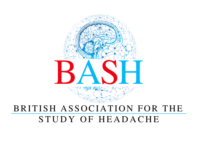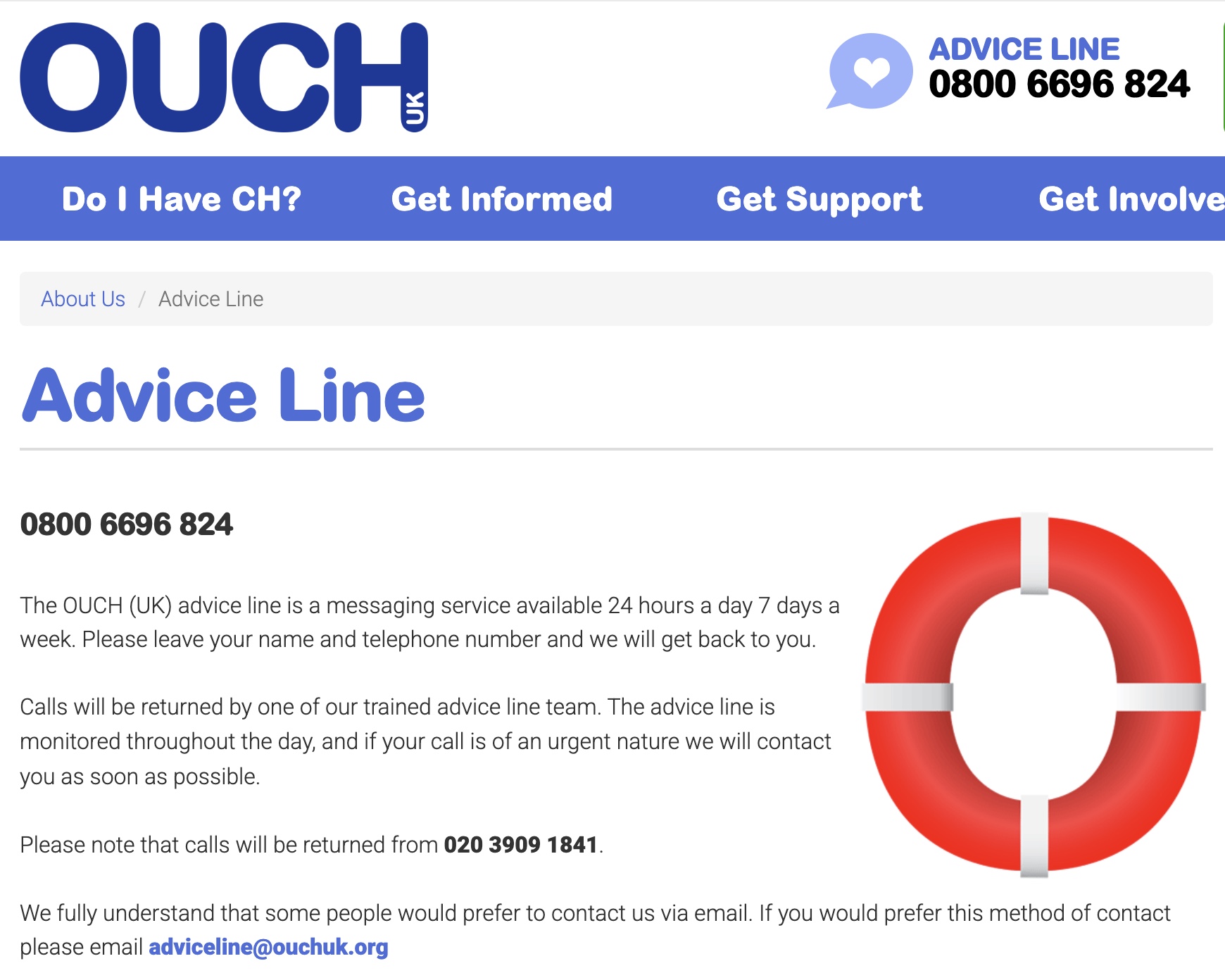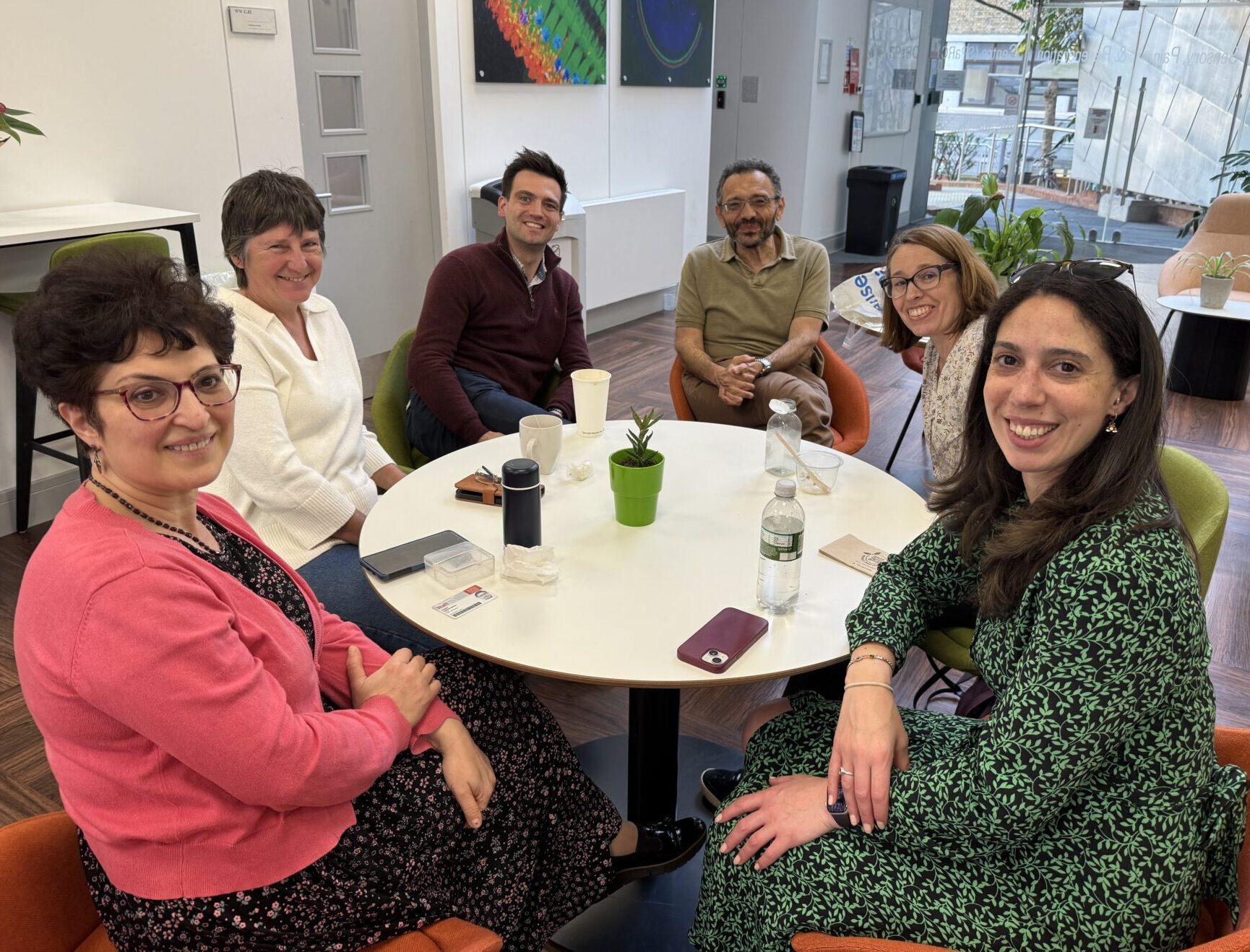Prof Joanna Zakrzewska has been working tirelessly to raise awareness of Trigeminal Neuralgia. She explains the impact of this condition.
Trigeminal Neuralgia pain feels like excruciating electric shocks
Imagine an electric current going through one side of your face every time you touch your face or try to eat, brush your teeth or talk. This pain lasts only seconds but is intense and can repeat many times a day for months on end. You suspect it could be a severe toothache so you visit your dentist. You are in your mid-fifties and have got some large fillings so it seems possible that they are the cause of the pain. The dentist extracts a tooth but the pain is as bad as before.
Normal painkillers are not effective
Your next visit is to the GP who cannot make a definite diagnosis and suggests referring you to a neurologist. All the pain killers you use give you no relief from pain. Your quality of life has fallen dramatically and you are now feeling depressed and anxious, even your sleep is affected. You cannot work and have stopped socialising .
'Dr Google' -helpful or terrifying?
You start to 'google' your symptoms and decide that perhaps you have got trigeminal neuralgia. You are terrified by the information you find. The neurologist makes a diagnosis of trigeminal neuralgia and prescribes carbamazepine. Within three days the pain has gone but the drug makes you feel very tired and you find it difficult to think and find words. Then after a few months of no pain you stop the drug. The pain does not return so you think you are cured.
A disease of remission and relapse
A year later it strikes again and you restart your medication. it is effective but you need higher doses and the side effects are worse. Your own reading suggests that there are other ways of managing this condition and that you need to see a specialist such as a headache neurologist. You are finally referred to an appropriate centre and now are well informed and can make decisions about how best to manage your trigeminal neuralgia.
Recognition is key to getting the right help
As trigeminal neuralgia is a relatively rare condition, it is not well recognised by dentists, GPs and other specialists like ENT surgeons, oral surgeons and general neurologists. It is therefore crucial that their awareness of the key features of the condition are raised. The British Pain Society has funded a study to develop a short questionnaire that can be used by dentists to help them distinguish between dental causes of pain and trigeminal neuralgia. The key features are described above. Once recognised GPs should prescribe carbamazepine, an anticonvulsant medication and refer to a specialist.
Brain MRI scan is crucial
It is crucial that an MRI scan of the brain is done to determine if there are any other causes for this pain e.g multiple sclerosis or benign brain tumour. In many patients, the MRI will show a large blood vessel in the skull pressing on the trigeminal nerve . This results in loss of myelin and cross electrical activity between light touch and pain fibres. Both drugs and neurosurgical procedures can be used to improve pain control.
A multi-disciplinary team approach is so helpful
Patients benefit by being seen by a multidisciplinary team which includes specialists ( pain physicians, headache neurologists, neurosurgeons, dentists) as well as specialist nurses, clinical psychologists and physiotherapists.
Resources to support patients are available
The Brain and Spine Foundation provide a useful publication on face pain https://www.brainandspine.org.uk/health-information/booklets/face-pain/. Patient support groups in the UK , USA, Australia , Canada can provide contact with other sufferers and specialist advise that is evidence based.
To improve management of trigeminal neuralgia the Royal College of Surgeons of England have approved a set of guidelines in which all the UK stakeholders have been involved. It is important that everyone including patients are aware of these which can be downloaded from their website https://www.rcseng.ac.uk/dental-faculties/fds/publications-guidelines/clinical-guidelines/ 2021. It is essential that patients are seen in the right place at the right time to reduce the significant burden this condition causes not only to the sufferers but also significant others.
To help ensure that all patients with trigeminal neuralgia have equal access to evidence based management provided with understanding and compassion a charity called Trigeminal Neuralgia Institute has been set up.

Professor Joanna M Zakrzewska
Consultant in Facial Pain at UCLH London




